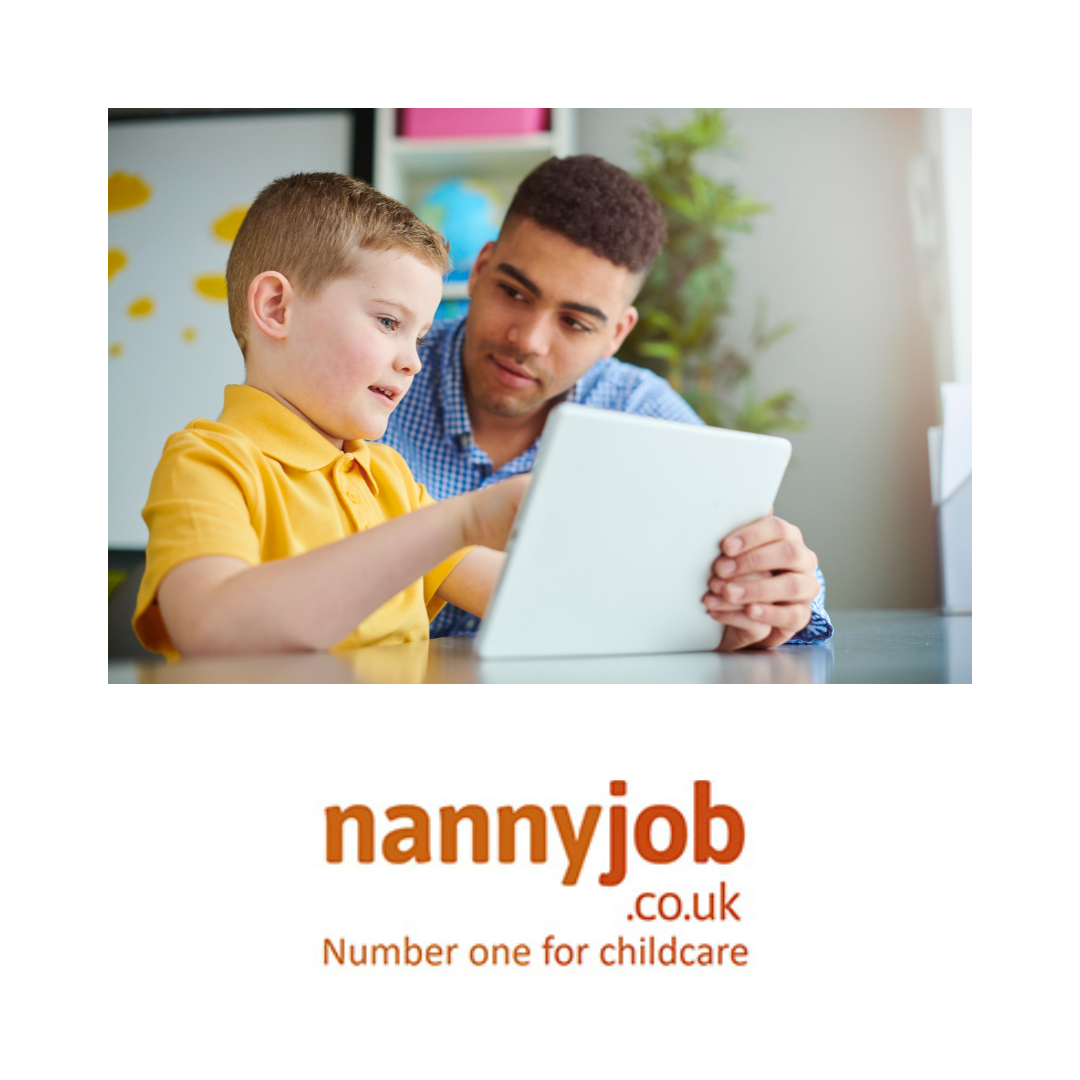Effective communication is the cornerstone of a positive and nurturing relationship between nannies, parents and children. With the right tools and understanding, you can forge stronger connections, foster better understanding, and enhance mutual respect.
As children grow, their understanding and communication methods change dramatically. Here’s a practical guide to help you navigate this journey:
Babies (0-1 Year):
Infants rely on non-verbal communication. Pay attention to their cues – a cry, giggle, or wriggling can speak volumes about their needs. Responding with a comforting touch, eye contact, and soothing words can help them feel secure and loved.
Toddlers (1-3 Years):
Toddlers are starting to explore words. Keep your language simple and clear. Encourage conversation by asking open-ended questions. Repeat and expand on their words to help them build vocabulary.
Preschoolers (3-5 Years):
Preschoolers love to ask questions. Show interest in their inquiries and answer them as simply as possible. Use metaphors and stories to explain complex concepts.
School-age (6-12 Years):
School-age children can understand more complex conversations. Encourage them to express their thoughts and feelings. Teach empathy and respect by demonstrating these values in your communication.
Teens (13+ Years):
Teens value their independence. It’s crucial to respect their opinions and provide guidance rather than orders. Be open, honest, and approachable so they feel comfortable discussing their concerns with you.
Remember, communication is a two-way street. It’s just as important to be a good listener as it is to be a good speaker. Happy talking!

